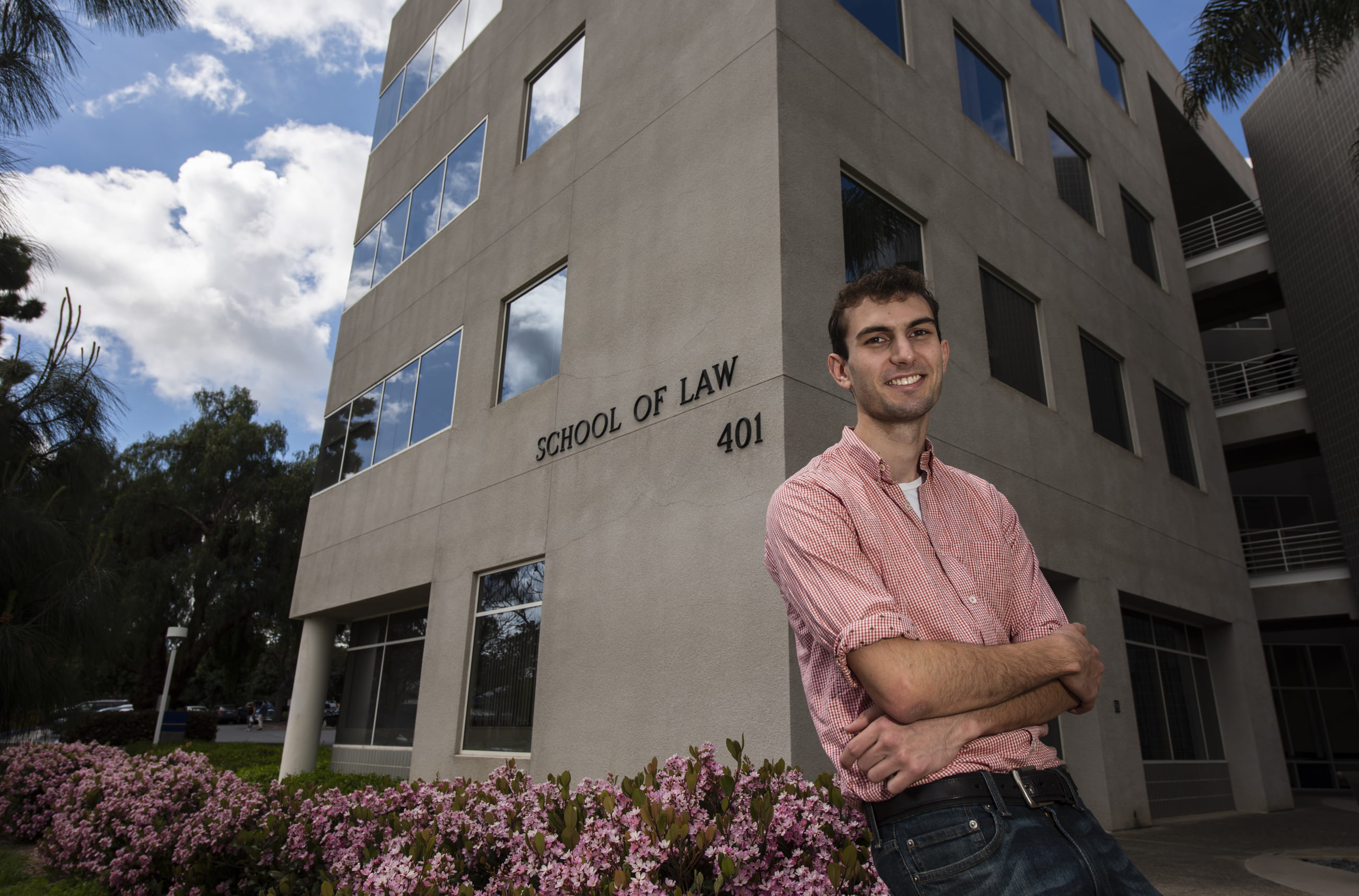‘Sticks and stones . . .' but words can indeed hurt you, UCI study finds
Negative, positive political rhetoric about immigration affects well-being of targets

Irvine, Calif., April 23, 2019 — Words can hurt or help a person’s psychological well-being, according to a new study from the University of California, Irvine. Researchers found that the effects of negative and positive political rhetoric about immigration – particularly by people from Mexico – elicited a range of corresponding emotions associated with lower or higher levels of stress and overall health in Mexican Americans.
“Negative political rhetoric adversely affected the mental health and physical well-being of the targets, causing feelings of hurt, anger and distress,” said Leo Chavez, UCI professor of anthropology and lead author of the study, published in Social Science & Medicine. “Conversely, positive rhetoric and emotional responses were associated, which can have a healthy effect.”
Researchers surveyed 280 students at a large university in Southern California between August 2016 and June 2017. Participants had at least one ancestor, or were themselves, born in Mexico. They viewed negative, positive or neutral statements about immigration and then answered questions about their emotional state, stress load, health and general well-being.
Negative rhetoric was perceived as hurtful and untrue, causing higher levels of distress and lower levels of health and well-being, while positive comments affirmed membership in the community and contributions to society, eliciting happy feelings and reducing stress.
“These findings demonstrate the importance of studying both positive and negative political rhetoric,” said Belinda Campos, UCI associate professor of Chicano/Latino studies and co-author of the study. “The way we speak about people in our public and political discourse affects how they view themselves and their mental states.”
Added Chavez: “Moderating political rhetoric could have a salutary effect not just on the targets, but for the country as a whole. When words wound, they tear at the body of the nation, creating divisions that reinforce systems of prejudice and inequality.”
The research team also included Karina Corona, a psychological science graduate student; Daina Sanchez, an anthropology graduate student; and Catherine Belyeu Ruiz, an anthropology undergraduate.
About the University of California, Irvine: Founded in 1965, UCI is the youngest member of the prestigious Association of American Universities. The campus has produced three Nobel laureates and is known for its academic achievement, premier research, innovation and anteater mascot. Led by Chancellor Howard Gillman, UCI has more than 36,000 students and offers 222 degree programs. It’s located in one of the world’s safest and most economically vibrant communities and is Orange County’s second-largest employer, contributing $5 billion annually to the local economy. For more on UCI, visit www.uci.edu.
Media access: Radio programs/stations may, for a fee, use an on-campus ISDN line to interview UCI faculty and experts, subject to availability and university approval. For more UCI news, visit wp.communications.uci.edu. Additional resources for journalists may be found at communications.uci.edu/for-journalists.

